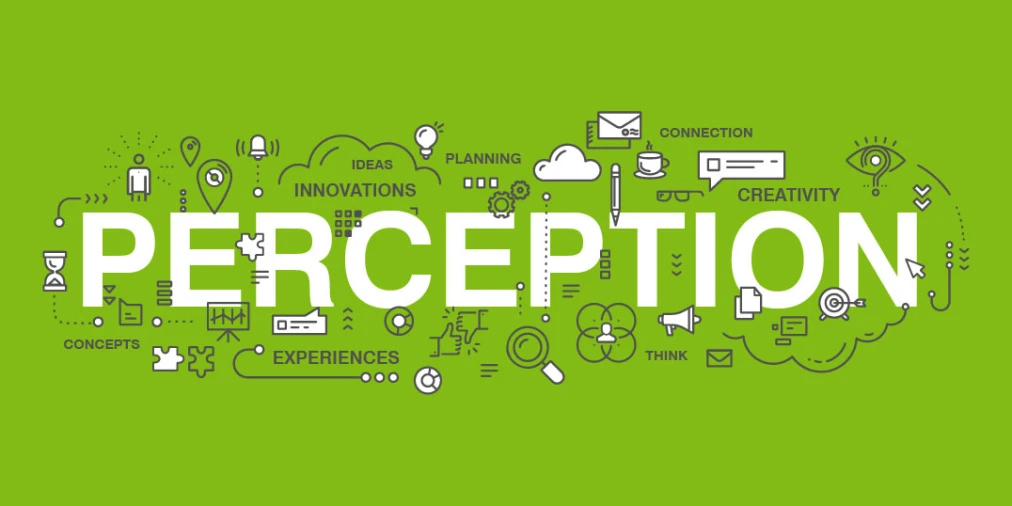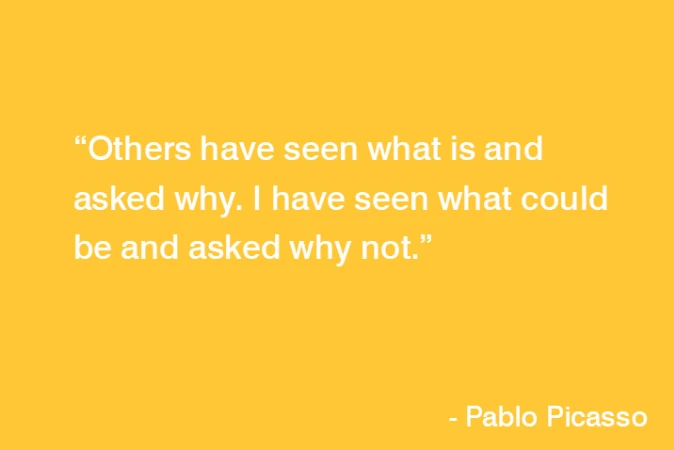Perception defined
Perception is a fundamental trait of the creative mind. It enables us to interpret ideas differently to others, offering insight into fresh perspectives and possibilities. You might have noticed how we referred to ‘the creative mind’, as opposed to sight or hearing (or any of the other senses, for that matter). That’s because perception is an action carried out by the brain in response to a stimulus. Neural signals from light, for example, are processed within the brain, allowing us to form a judgement or understanding based on our mental state of mind.
To highlight how perception is different from sense, let’s put things into practice: try observing an object in your field of vision. Now ask yourself: “What do I see?”, followed by “What are my perceptions about this item?”. How does the object make you feel? Does it make you think of something you experienced in the past? What else could it be used for other than its main purpose? Notice how perception requires much deeper insight. You experience things with your senses and perceive things with your mind.








